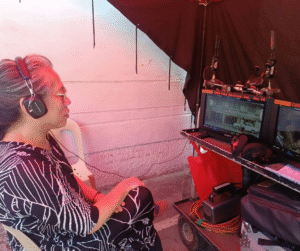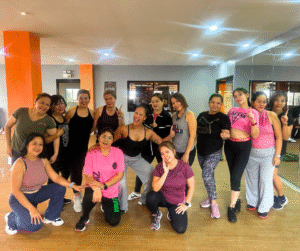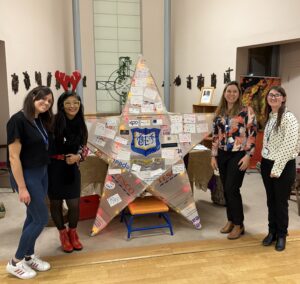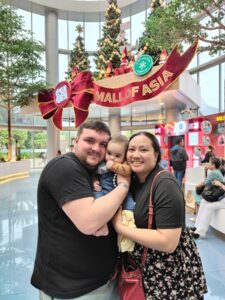This story is published in partnership with Our Place Is Here. We have changed the name of Emma Corpuz to protect her identity.
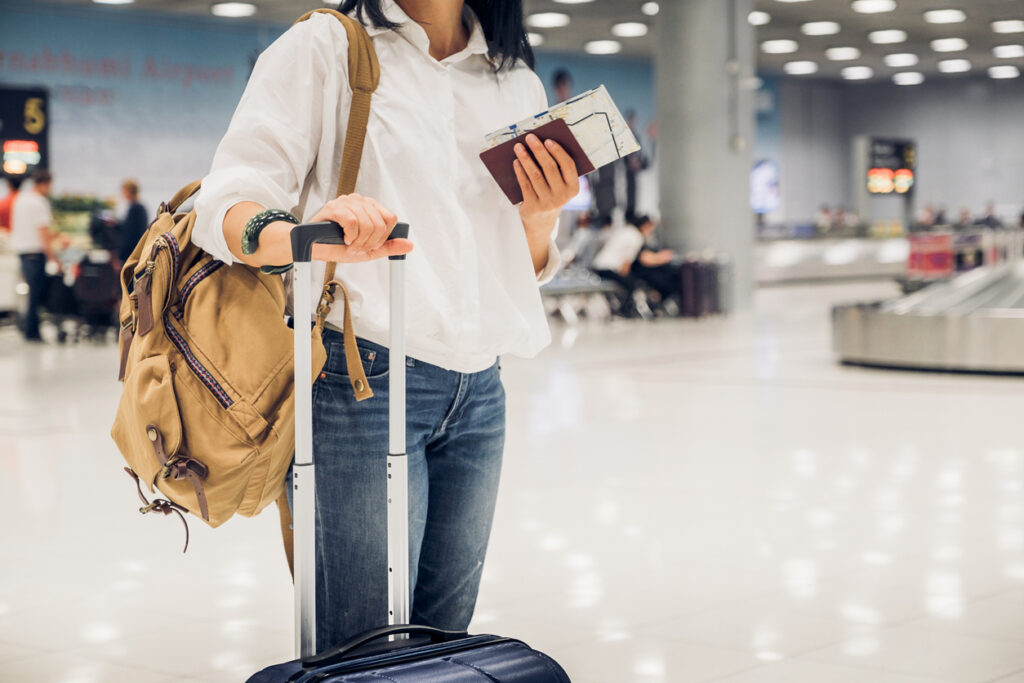
By Liezel Longboan
- Half of overseas domestic workers who arrive in the UK every year are originally from the Philippines.
- Domestics work long hours and often experience physical, verbal and sexual abuse from their employers.
- The current overseas domestic worker visa bans them from leaving their employers who may be abusive.
- For those who escape and are found to be victims of enslavement or trafficking, there is no guarantee that their rights will be protected.
“Is it a crime to want a better future for my family?” This is what Emma Corpuz, 36, asks as she talks to Tinig UK about the challenges she currently faces as she awaits the decision of her application to remain in the UK. Corpuz is a domestic worker from the Philippines who escaped from her abusive Saudi employers in 2017. She tells us the story of the impact of the overseas domestic worker visa to her wellbeing and her family.
“On duty for 24 hours”
Emma Corpuz (not her real name) was hopeful that working in Saudi Arabia as a domestic worker would help her support her three children who were then aged 6, 4, and 2. She and her husband ran a corner store in a village in central Philippines but they were not making enough money to support their children. But her new job didn’t turn out as she expected.

When she arrived in the Middle East in 2012, she was shocked to find out that she would be serving two families, instead of only one, as stated in her employment contract. She and her fellow helpers were overwhelmed with tasks. “There was no time to rest. I felt like I was on duty for 24 hours”, she said. She would often be moving back and forth between two houses, working for her actual employers for four days, and then taken to her employers’ parents’ family for three days. Corpuz’s female employer would often attempt to hit her for the slightest reason.
In November 2016, the family brought Corpuz with them to the UK where they were spending their summer holiday. They applied for an overseas domestic worker (ODW) visa on her behalf. Although immigration rules do not define “domestic workers”, the visa is typically used by nannies, cleaners, cooks and chauffeurs. But the trip was not a fresh start.
Emma’s London escape
As the days went by in London, things turned from bad to worse. Looking after four children, the youngest being 8 months, Emma Corpuz could not find the time to clean the flat where they were staying which often angered her employer.
One day, Corpuz’s employer came home and saw the flat in a mess and threw a fit. She started screaming at Corpuz who got very scared. “My employer said that I was lazy and that I didn’t know anything”, she recalls. Her employer slapped her in the face, hit her and pushed her as Corpuz sobbed.
“I was so fearful my employer might kill me and I kept praying I’d be able to find a way to escape”. Some days later one afternoon, while her employers were out and the children were taking a nap with their grandmother, she quietly left the flat with just £20 in her purse and some clothes in a black bin bag.
Read about Filipino domestic workers who are seeking to change UK policies on domestic work.
The state of the law
Based on reports, half of the 23,000 overseas domestic worker (ODW) visas issued annually by the UK government are taken up by workers from the Philippines – like Corpuz. These 6-month visas allow them to accompany their employers in the UK. The visa gives workers the right to change employers within the 6 month validity of their visa.

The original intent of the ODW visa introduced in 1998 was to address the widespread and harrowing levels of documented abuse of migrant domestic workers by their employers. Visa holders were allowed to change employers and after five years, apply for indefinite leave to remain and finally, obtain UK citizenship.
These concessions were taken away in 2012, when the government shortened the visa to 6 months (non-renewable) and removed the rights of holders to change employers. This change has the perverse incentive to keep people working for abusive employers for longer out of fear of becoming undocumented immigrants in the UK.
Free, but without legal status
Emma Corpuz tells Tinig UK about the next chapter of her story. When Corpuz left the house of her abusive London employer, she took a taxi and stopped at a corner shop. She needed to buy a sim card so she could message a Filipina lady, Helen Garcia whom she previously met at a park. Garcia is also a domestic worker and took Corpuz to her home. She would later introduce Corpuz to the Filipino Domestic Workers Association (FDWA), an organisation founded by Filipino domestic workers.
“FDWA and Kanlungan (a charity supporting migrant Filipinos) made me realise that I have skills and that I have value. That what my employers had been telling me that I couldn’t do anything was untrue”, she says.

In March 2017, Corpuz was referred by the charity Kalayaan to the National Referral Mechanism (NRM), the government anti-trafficking screening system. It took two years before she received the government’s conclusive decision that she was indeed a victim of modern slavery. At this point, her six-month ODW visa had long expired.
Under the current ODW visa, Corpuz can apply for leave to remain, having received a positive conclusive decision on being a survivor of enslavement. But as her visa had expired, she is prohibited from working until she gets a favourable decision with her application for leave to remain. The latest government data reveals that only 7% percent of confirmed victims of modern slavery and human trafficking have been granted leave to remain in the UK.
“Is it a crime to want a better future for my family?”
Emma Corpuz thinks the current system is unfair as it punishes her for wanting to work. She receives a weekly allowance of £40 while her case is still being processed under the NRM. Despite the ban on working, Corpuz has taken the brave decision to work. She says two of her children are now at secondary school and the cost of living is rising in the Philippines. She has been working for a Swedish family for two years now and they understand her situation. She has told them her status and they have accepted her.
“Is it a crime to want a better future for my family?” Corpuz asks. She faces contradictions in her situation and is beginning to lose hope with the UK government’s policy. On the one hand, she was a victim of modern slavery who has skills and wants to work so she can send money to her family. On the other hand, the law, while seeking to protect her, ironically prevents her from supporting herself and is forcing her into criminality.
Corpuz and the members of FDWA, The Voice of Domestic Workers, Kanlungan and Kalayaan are all calling for the reinstatement of the pre-2012 concessions for migrant domestic workers.
We asked the Home Office for their response to this call and they reiterated the current rule that migrant domestic workers are given six months to change employers when they arrive in the UK.
The benefits of the pre-2012 ODW visa
Eva Mayor, 59, is the secretary and one of the founding members of the FDWA. She arrived in the UK from Hongkong with her British employers in 2009. Mayor has been a domestic worker for three years in Kuwait before moving to Hongkong where she worked for 17 years. In Kuwait, Mayor managed to evade the sexual advances of her male emplloyers but she decided to go home after getting involved in a family squabble that made her fearful for her safety.
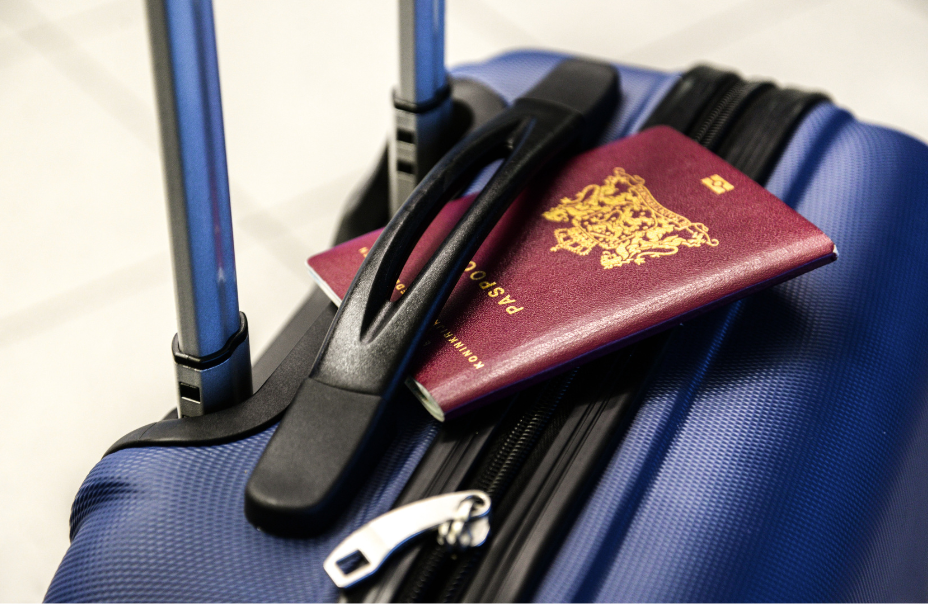
In Hongkong, she found more caring employers who gave her days off and a better pay. In 2009, her British employers asked her to move with them to the UK to start a new role. “I was very excited about the prospects of a brighter future for my family, to start a new life with my employers and to be a British citizen”, she says.
Mayor arrived in London with an overseas domestic worker visa which had been paid for by her employers. She kept renewing her visa for four years and finally in 2014, she applied for indefinite leave to remain. She is now a British citizen.
“I have sacrificed a lot to get to where I am. I have not been with my family for a long time. In terms of bonding, I have lived with my current employers and all my previous employers for much longer than my own family. This is one of my regrets as a migrant. But you cannot have everything you want in life”, she reflects.
Mayor is considered a family member by her employers. In a message sent by her employer, they wrote “Eva is a part of our family not only our employee and we could not do our jobs to support our household income without her. This means we do not have to depend on external childcare so we can earn a good living and pay our taxes which supports the UK economy”.
The fight for domestic workers’ rights continues
For some traumatised Filipino domestic workers who can no longer endure the abuses of their employers, escaping is their only way to survive. The recent deaths of Joanna Demafelis and Constancia Dayag, both domestic workers in Kuwait, are just two of the many cases of Filipino women who have been killed by their employers.
However, the UK government’s National Referral Mechanism (NRM), the system for identifying and supporting survivors of enslavement and trafficking, appears to continue to trap migrant workers in a cycle of abuse.

It has almost been six years since Emma Corpuz arrived in the UK and she is still waiting for her application to be given discretionary leave to remain in the UK. She has not seen her family for almost 10 years now.
“Sometimes I feel like losing hope…it’s been too long. The church, Kanlungan and FDWA have been my source of support all this time”, Corpuz says.
For Mayor who arrived before the 2012 ODW visa change, having been allowed to work and to have a legal status in the UK gave her the right to speak and stand up for other domestic workers. ‘We can now fight (for our rights). We can challenge policies. We can organise rallies, we are the first to help protect undocumented immigrants. We are the frontliners”.
Our Place Is Here is a campaign by a coalition of charities and community groups to raise people’s awareness on the lack of workers’ rights by Filipino domestic workers in the UK. It aims to build community support for their demands for a minimum wage or sick pay, among others. Read more about how you can support the campaign.
Find out how you can partner with Tinig UK to reach our Filipino readers.
Updated: 19 May 2025

